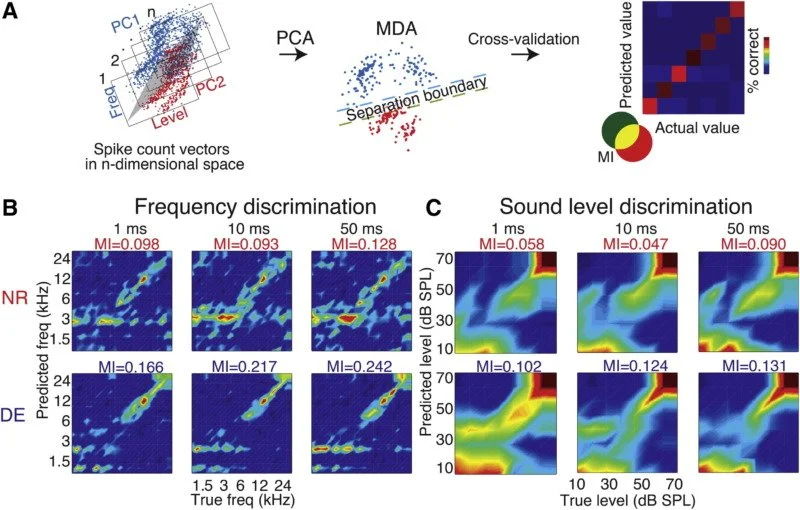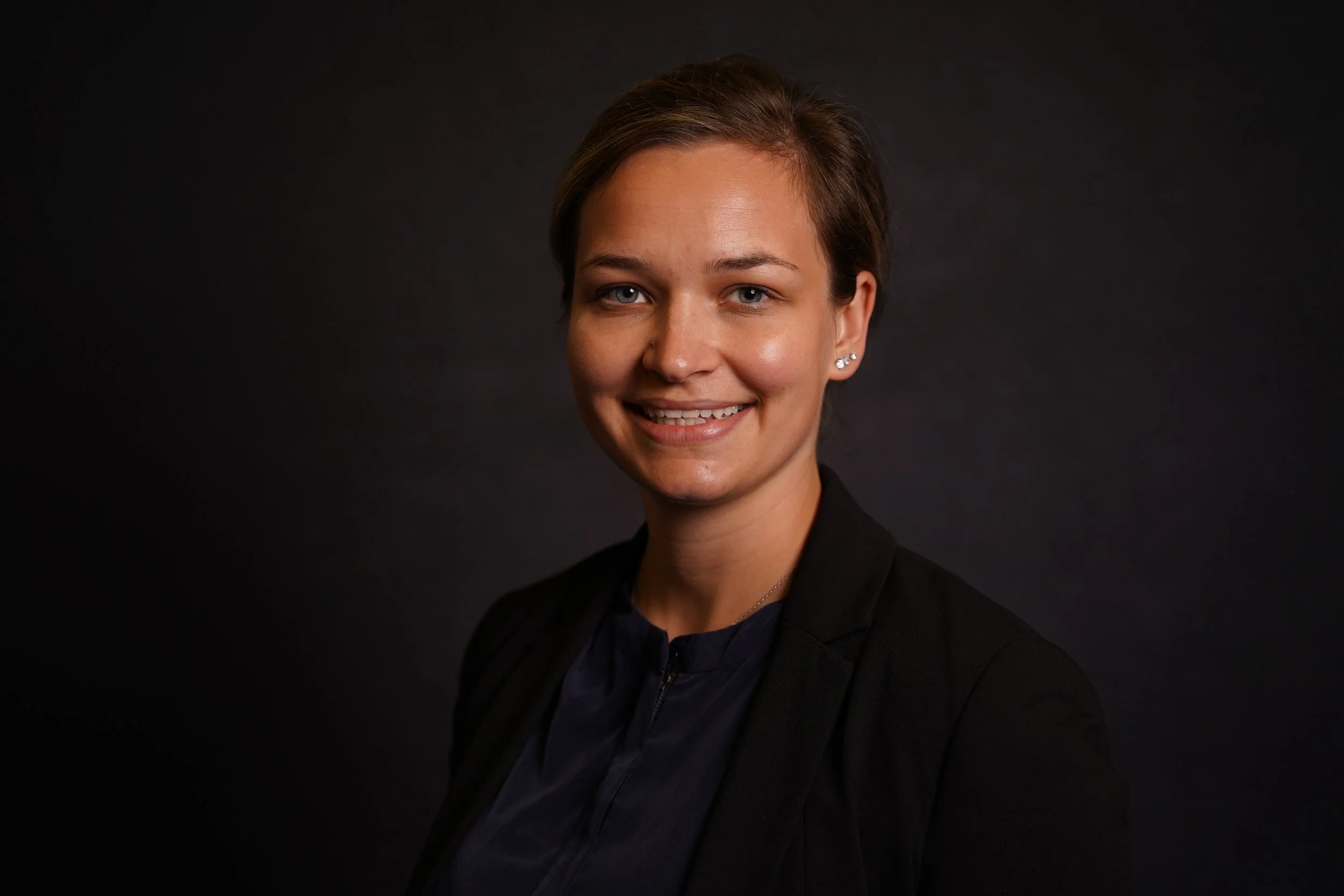AI-Powered Innovation in Medicine
Over half a million children undergo surgical removal of tonsils and adenoids (‘adenotonsillectomy’ or AT) every year. We aim to develop better prediction models for children likely to benefit from surgery.
At the Isaiah Lab, we are an NIH-funded group dedicated to advancing pediatric healthcare through innovative research at the intersection of medicine and technology. Our multidisciplinary team specializes in structural and functional brain imaging, neuropsychological assessments, surgical outcomes, and deep learning applications. By integrating these diverse fields, we aim to develop predictive models that identify children who will benefit most from surgical interventions, thereby enhancing treatment efficacy and patient quality of life.
Research
Recent Publications
Fitbit-Measured Sleep Duration in Young Adolescents is Associated with Functional Connectivity in Attentional, Executive Control, Memory, and Sensory Networks
Adolescents often do not sleep as much as recommended by most national guidelines, which may impact their brain development. The current study aims to evaluate the relationship between objective assessment of sleep duration measured with actigraphy, and brain network connectivity on functional magnetic resonance imaging (fMRI).
We identified both positive and negative correlations between mean sleep duration and 6 within brain network and 30 between-network pairs. These included networks involved in attention (Dorsal and Ventral Attention networks), executive control (Cingulo-Opercular and Default Mode networks), memory (Retrosplenial Temporal network), and sensory function (Auditory and Sensorimotor networks). We also identified sex-specific effects in three network pairs (Auditory – Retrosplenial Temporal, Retrosplenial Temporal – Sensorimotor, and Visual – Visual) and sex differences in functional connectivity across 23 distinct within- and between-network connections.
Accuracy of parent-reported sleep duration among adolescents assessed using accelerometry
Parent-reported children’s sleep duration is a primary outcome measure in population-level studies, and is the primary driver of pharmacotherapy such as melatonin.
Accelerometry using the Fitbit suggests that few adolescents sleep for the optimal 9–12 h as recommended by the American Academy of Sleep Medicine, and most parent reports grossly overestimate average nightly sleep duration.
Parent reports of adolescent sleep duration are unreliable, and quantitative assessment of children’s sleep duration should be considered when a significant step such as pharmacotherapy is undertaken for sleep.
Cognitive and Behavioral Outcomes of Snoring Among Adolescents
Is parent-reported snoring frequency associated with cognitive and behavioral outcomes in adolescents?
In this cohort study of 11 862 adolescents, frequent snoring was associated with greater problem behaviors but not with lower cognition.
These findings suggest that clinicians should incorporate the differential associations of snoring with cognitive and behavioral outcomes in shared decision-making concerning the management of adolescents with sleep-disordered breathing symptoms.
Meet the Team
-

Amal Isaiah, MD, DPhil, MBA
PRINCIPAL INVESTIGATOR
-

Sergio Novi, PhD
RESEARCH SCIENTIST
-

Sophia Uddin, MD, PhD
RESIDENT
-
Wiktoria Gocal, MD
RESIDENT
-
Adway Kanhere, MSE
RESEARCH ENGINEER
-

Nithya Navarathna, BS
CLINICAL RESEARCH COORDINATOR
-

Audrey Zauher
MEDICAL STUDENT
-

Charlyn Gomez
MEDICAL STUDENT
-

Daniel Fong
MEDICAL STUDENT
-

Sarah Yang
MEDICAL STUDENT
-

Sabrina Nusraty
MEDICAL STUDENT
-

Fleesie Hubbard
REGULATORY AFFAIRS SPECIALIST
Join us!
Open Positions
Postdoctoral Fellowship
A postdoctoral fellowship position is immediately available in the Isaiah Laboratory at University of Maryland, Baltimore. The postdoctoral fellow will collect, analyze, and interpret functional near-infrared spectroscopy (fNIRS) data from children with sleep disordered breathing (SDB), and publish them in leading avenues. The broad aims are to investigate the neurobiological outcomes of pediatric SDB. The lab collaborates nationwide with expertise in SDB, cognitive neuroscience, neuroimaging, and data science, assuring career development in these areas. The fellow is expected to have strong technical skills in fNIRS data acquisition and analysis, and MATLAB. Human research experience, especially in children, is desirable.
If you feel that you are a good fit for this role, please fill the form below and we will review your profile and get back to you.
Our Impact





Contact us
Research Office:
6116 Executive Blvd,
North Bethesda, MD 20852
Clinical Office:
16 S Eutaw St Ste 500
Baltimore, MD 21201
Hours
Monday–Friday
9am–5pm
Phone
(667) 214-2384

















